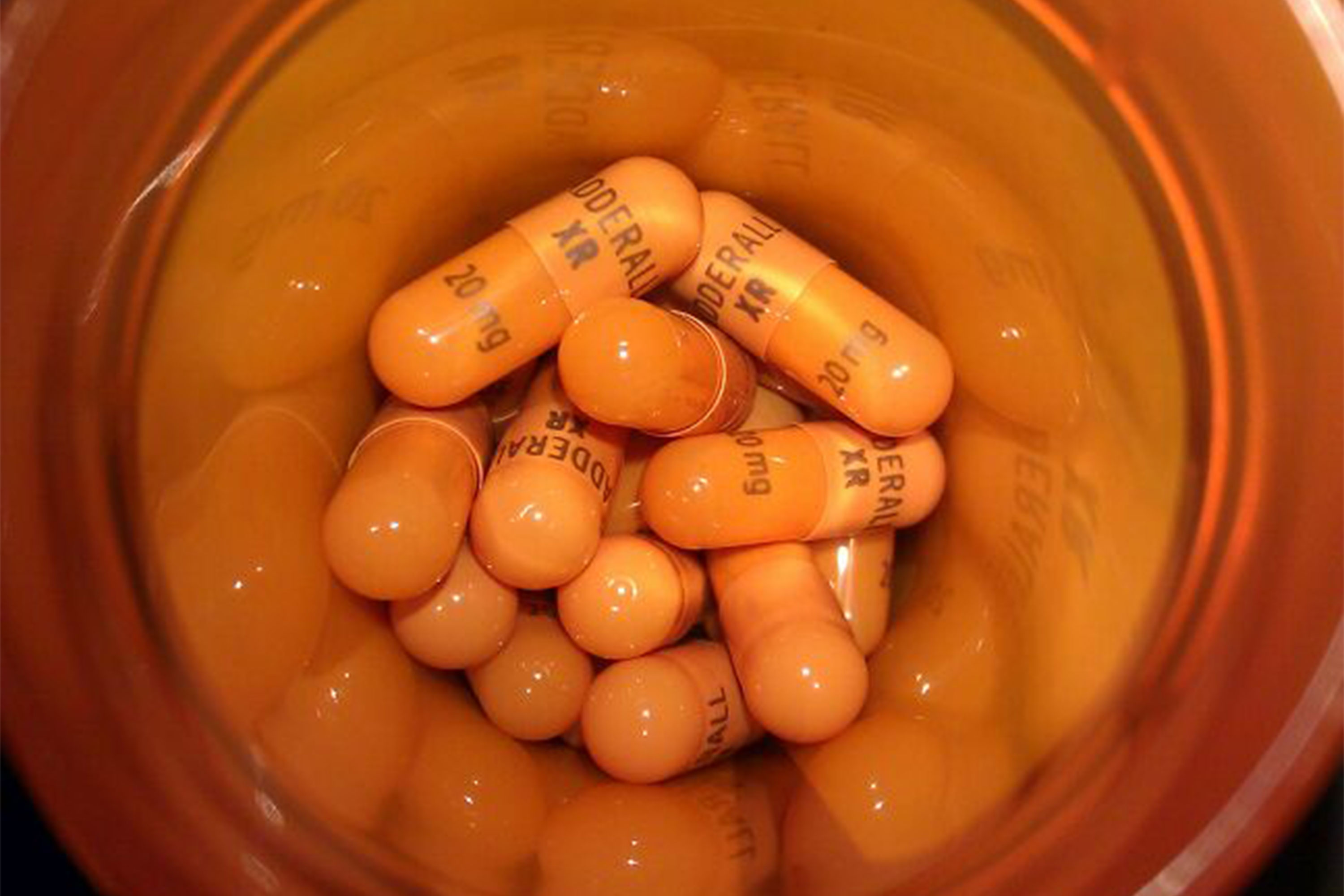
Wait, Is This Really a Thing?
Let me just start with a quick story. So, my friend Mark—total gym junkie, careful about every label on what he puts in his body—calls me in a panic one night. He’d just seen a news alert about the opioid epidemic, glanced at his Adderall prescription bottle for ADHD, and his brain did that anxiety leap: “Wait… is Adderall an opioid? Am I in danger?” I had to stifle a laugh (sorry, Mark) but… I totally get it. With all the headlines out there and the way words like “narcotic” and “controlled substance” are thrown around, it’s honestly confusing. And hey, if you’ve wondered the same thing? You’re so not alone.
So let’s break out the cozy mugs and talk this one through. I promise you—no jargon, just the real deal.
The Big Mix-Up
Why People Confuse Adderall with Opioids
Let’s get this out of the way: Adderall is not an opioid. There. I said it. Feel free to breathe that sigh of relief.
I think a lot of the confusion comes from the fact that both Adderall and opioids are, yes, prescription meds and, double yes, both can be addictive if misused. They both come with those scary orange warning labels and are regulated by the government as “controlled substances.” So, in the messy world of health headlines and fast-talking TikTok “experts,” it makes sense if you’ve lumped them together in your head.
But honestly, that’s where the similarities stop. Imagine trying to compare an espresso shot to, like, a chilled glass of red wine. Both at a party, sure, but the effects? Night and day.
What Even Is an Opioid, Anyway?
Opioids are a class of drugs that work mainly by blocking pain and giving you that heavy, sleepy feeling. Think: morphine, oxycodone, heroin (yikes), and fentanyl. These are often given after you’ve had major surgery, or (unfortunately) misused for a sense of calm or euphoria. One thing most people on opioids feel? Tired, foggy, or super-relaxed. Your body slows down, pain disappears, breathing gets slow. That’s the world of opioids.
And Adderall? Couldn’t be more different.
So… What IS Adderall?
The Science, But Make It Simple
Adderall is made up of two main ingredients: amphetamine and dextroamphetamine. These aren’t painkillers—they’re stimulants. Instead of slowing you down, they fire up your brain and body. Doctors give Adderall for ADHD (so you can finally finish a sentence without getting distracted by squirrel videos) or narcolepsy (when falling asleep at work is a daily hazard).
Picture this: You’re on Adderall (prescribed, let’s be clear), and instead of mellowing into the couch, you’re suddenly hyper-focused. Energy? Yes, please. Tasks that used to feel overwhelming become manageable—almost exciting, on good days.
And if you’re thinking, “But I heard stimulants can be addictive?”… You’re right, they can. We’ll get to that in a sec.
Adderall and Opioids: Table Time!
| Aspect | Adderall (Stimulant) | Opioids (Pain Relievers) |
|---|---|---|
| Main Use | ADHD/narcolepsy, focus, energy | Pain relief, sedation, “numbing” |
| How It Feels | Alert, focused, sometimes edgy | Relaxed, sleepy, out-of-it |
| Risks | Anxiety, insomnia, yes—addiction | Respiratory depression, overdose, also addiction |
| Examples | Adderall, Ritalin, Vyvanse | Oxycodone, morphine, heroin, fentanyl |
If you want to go further down the rabbit hole, head over to Is Adderall a narcotic. Spoiler alert: that’s another one people get wrong all the time.
Doesn’t Addiction Mean “Opioid”?
Is Adderall Addictive? (And Should You Freak Out?)
Okay. Time for honesty hour. Just because a drug isn’t an opioid doesn’t mean it’s 100% safe or “non-habit forming.” You can get addicted to Adderall—especially if you go off-script (think: taking way more than prescribed, buying it from friends, mixing with other sketchy stuff). That rush of focus and productivity? People chase it. Hard.
It reminds me of my college study group. There was always that one person (let’s call her “Jess”) crushing all-nighters with Adderall, even though she wasn’t prescribed. At first, it was just for finals… then, oops, every deadline felt like a “final.” Eventually, she struggled to write a simple email without popping a pill. Not fun.
If you’re worried about yourself—or a “Jess” in your life—on this front, don’t stress alone. We have a whole dive into is Adderall addictive that’s written with way more empathy than judgment. Pinky promise.
Addiction: What’s the Real Difference?
Here’s where it gets important, though: the kind of addiction, and what your body experiences, is actually different with stimulants (like Adderall) versus opioids. According to research on the subject (see the full breakdown), stimulant addiction usually means spending a ton of energy, experiencing massive mood swings, sometimes even paranoid thoughts if you really go overboard. Your body? Wired, edgy, unable to relax.
Meanwhile, opioid addiction looks totally different. You see people dozing off, withdrawing from pain, drowsy, flat. Their bodies simply… slow down. Sometimes, tragically, way down.
They both suck. Neither is a walk in the park. But they really aren’t the same animal, medically speaking.
But… It’s a Controlled Substance!?
Why the Warning Labels?
Yes, Adderall is a “Schedule II” drug in the U.S. That means it has legitimate medical uses (thank you, ADHD and narcolepsy patients) but also a high risk for misuse. Want the official scoop? The DEA breakdown groups Adderall with drugs like cocaine and methamphetamine (uh, wow), while opioids like oxycodone and fentanyl are right there too. Don’t let the category freak you out, though—it’s just government language for “don’t toss these in your gym bag and forget about them.”
It’s NOT because Adderall is an opioid. It’s because, in the wrong hands (or in the hands of a very sleep-deprived college student), it can turn risky, fast.
Still feeling iffy? Take five and read is Adderall a narcotic—a lot of misconceptions get cleared up pretty quickly.
The Everyday Wellness Angle
Safe Use… and the Tricky Stuff
Let’s say you have a real prescription and you use Adderall exactly as told—awesome! You’re doing it correctly! In fact, for many folks, it’s life-changing. Laser focus, less anxiety about daily chaos, a better chance at normalcy.
But let’s be real: If you’re using it without a prescription, thinking, “Hey, anything that helps me ace workouts/long shifts/coding marathons must be harmless,” you’re rolling the dice. And the “hangover” from a misused stimulant? Oof. Anxiety, heart palpitations, the sudden crash… that could take days to shake off.
Mixing Meds? Big No-No
Quick sidebar: some people get the not-so-genius idea to combine stimulants and opioids, chasing the “best of both worlds.” Like coffee and sleeping pills in the same glass. The body is not meant to crash through both walls at once. This “mixing” massively increases your risk of overdose (summary of medical risks here) and is a big part of why overdose rates have shot up in recent years.
So If It’s Not an Opioid… Why Do People Worry?
The Headlines, the Panic, the “Wait… Am I Addicted?”
Honestly? A lot of us walk around half-worried that any prescription is a future headline: “Fitness Blogger Secretly Addicted to Opioids!” But language matters—and so does clear info. I once watched my aunt panic after reading about “narcotics” in one of my cousin’s ADHD pamphlets, tearfully clutching her pearls, when all it really meant was “powerful prescription, managed by a doctor.”
Has your brain ever gone wild after reading a wild stat, even if it didn’t quite make sense? (Same, honestly.) It helps to zoom out, breathe, and check what the science actually says.
The Real Risks Worth Knowing
The biggest risks from Adderall come from ignoring prescription instructions, hiding use, or using it for “off-label” reasons (like crushing it up and snorting before a big exam). Adderall isn’t some magic bullet, and abusing it won’t make anyone a superhero—not for long, anyway.
If any doubts are swirling, or if you find yourself needing more to get the same effect, absolutely check out is Adderall addictive. It’s honest, gentle, and helps you know when it’s time to reach out for support.
Wrapping It All Up… And a Hug If You Need It
Alright, let’s take a minute. The internet can fill us with doomscrolling questions: Is Adderall an opioid? Is it secretly turning my brain to mush? Should I be worried? Deep breath—nope! Adderall is a stimulant, not an opioid. It jumpstarts your focus, helps some people function at their best, and—in the right dose, with the right med plan—can be a really positive tool. But (and it’s a big but) it’s not a toy or a shortcut. Misuse can seriously mess with your body and mind.
So, what’s next? Be the one who asks smart questions. If you’ve got a prescription and it’s helping? High five, stay honest with your doctor, and keep advocating for yourself. If any part of this post made you think, “Hmm, am I at risk for abuse or addiction?”—reach out. No shame, ever. The scariest risks are the ones we don’t talk about.
To sum it up: next time someone blurts out, “Wait, is Adderall an opioid?” at a party, you’ll be the one calmly sipping your seltzer, ready to drop a tiny truth bomb (and maybe this article link). Because hey, the more we know, the stronger we get—mind, body, and community. You’ve got this.




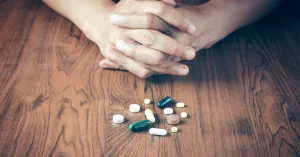
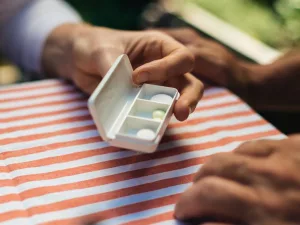

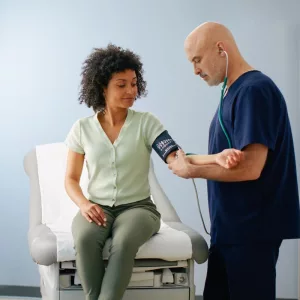

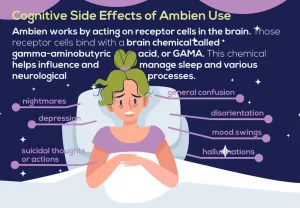
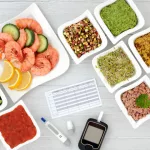







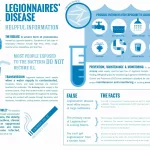



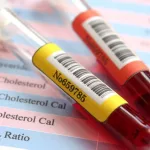


Leave a Reply
You must be logged in to post a comment.